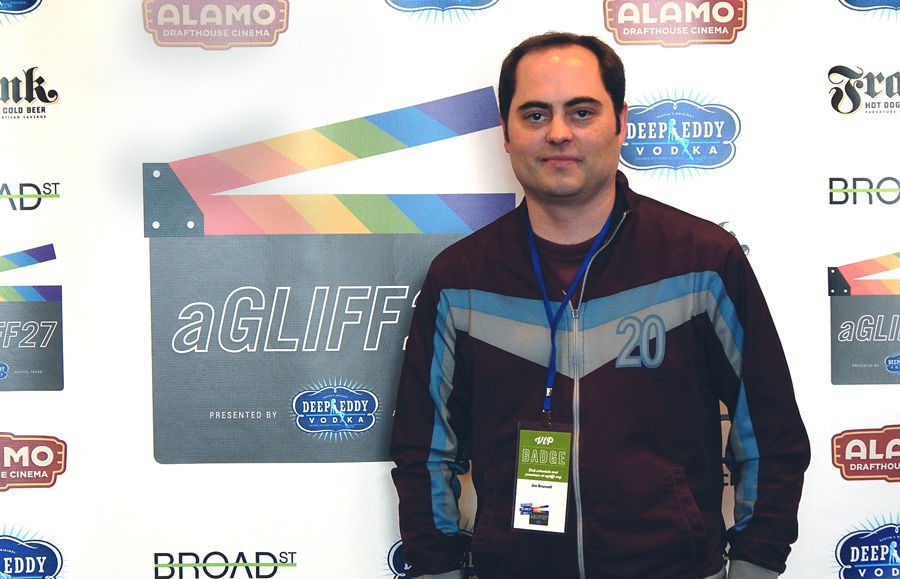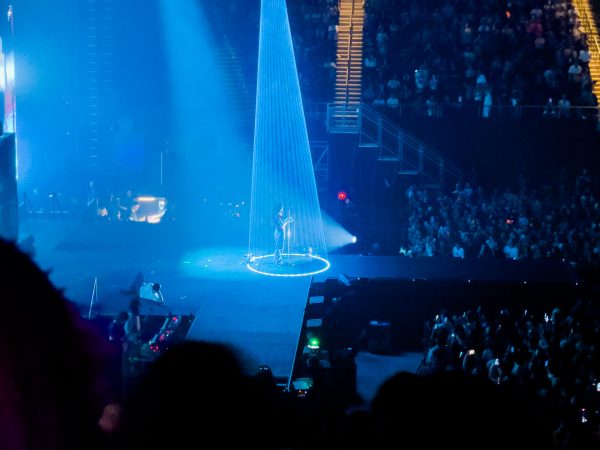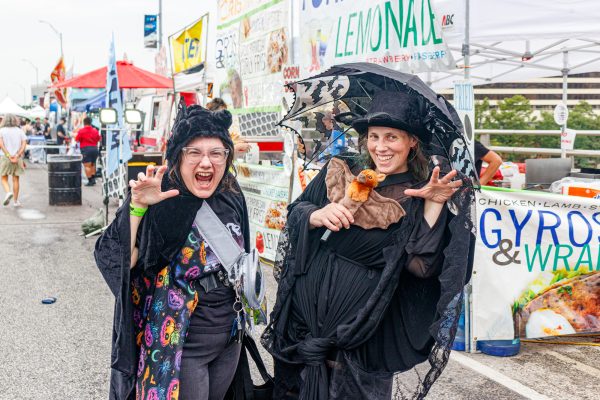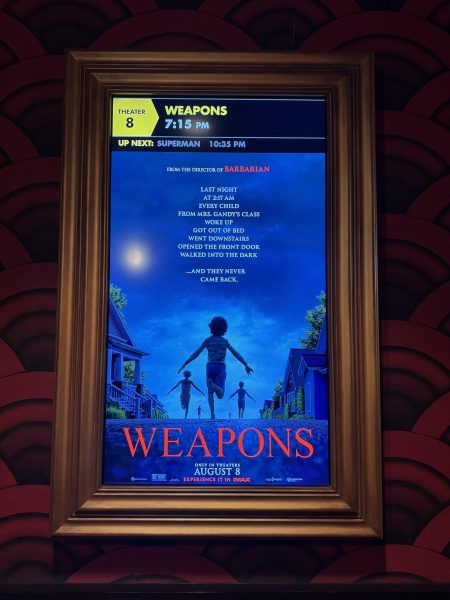aGLIFF promotes community, gives voices to new directors
“It doesn’t matter if the movie is gay or straight, left or right, backwards or upside-down; I love good films,” Brunzell said.
Last weekend marked the 27th anniversary of the Austin Gay and Lesbian International Film Festival, also known as aGLIFF or Polari Film Festival.
Held inside the Alamo Drafthouse, a popular Austin haunt, the festival was a perfect break from the monotony of the week and the moody weather.
The crowds and long lines inside the theatre were testaments to the illustrious line-up of films for this year. The films were carefully selected by Jim Brunzell, aGLIFF’s new program director.
Brunzell, who hails from Minneapolis, says he was interested in the job when he came across the opening at the Sundance Film Festival in January. With more than 10 years of film experience under his belt, he was an ideal candidate. By March he found himself in Austin working with the aGLIFF crew in preparation for the festival.
While this was Brunzell’s first experience working on an LGBT Film Festival, he’s no stranger to great films and was glad to have a part in bringing them to Austin.
“It doesn’t matter if the movie is gay or straight, left or right, backwards or upside-down; I love good films,” Brunzell said.
His philosophy was clearly reflected in his choice of films this year. “The Way He Looked” is a Portuguese Film that won the Teddy award, the most prestigious award for a gay film. “Regarding Susan Sontag” is a profound look into the life of one of the most important female voices of the 20th century. The French feature film, “Tom at the Farm” made its Texas debut this Saturday.
Every film I attended elicited the audience’s applause, and many of them produced tearful faces as well.
Brunzell’s taste for diversity was on point as there were films for everyone. Each film was universally pleasing and altogether formed a shimmery assortment of movies that anyone could appreciate.
This impressive variety reflected the heart of aGLIFF’s theme: “We’re not an Audience. We’re a Community.”
In addition to the countless themes explored and showcased at the festival, this year the directors went the extra distance to extend a diverse film experience to the community as a whole. Rather than separating film shorts into “men’s” and “women’s” categories, the films were grouped according to genre which allowed all genders to enjoy the film festival together.
The festival’s underlying theme of “togetherness” was not only evident in the selection of films, but the energetic conversation in the lounge as well, and it was obvious judging by the noisy anticipation in the queues.
Ultimately, aGLIFF surpassed expectations and made for a great weekend, and next year’s festival will only be better.
If you’re a student, as all-access badges are only $50 compared to the regular price of $100 and individual films are only $10.
These prices are a bargain for the amount of fabulous that each film delivers.
Follow Victoria on Twitter @viacavazos






